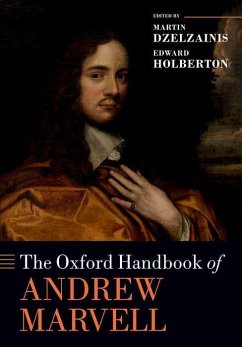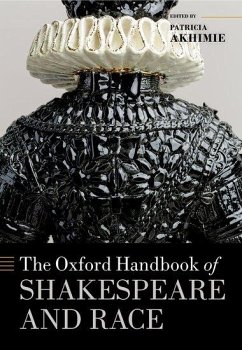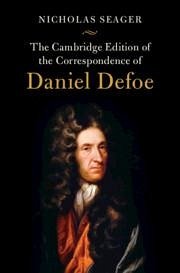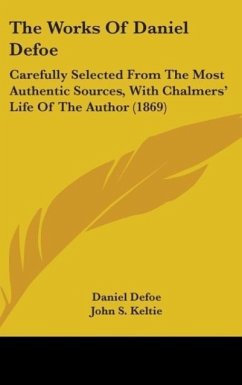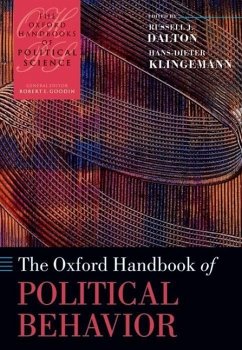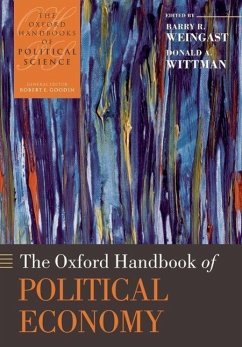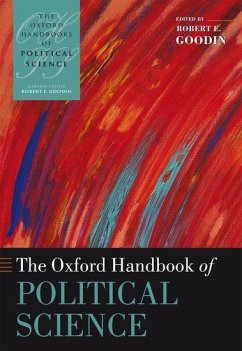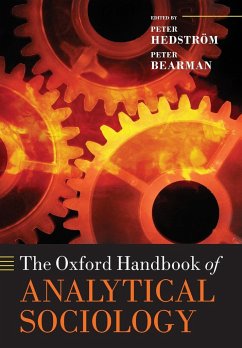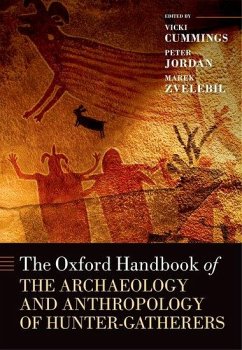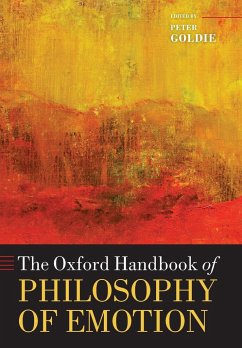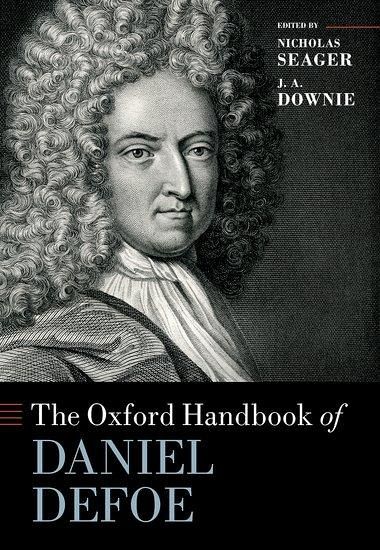
The Oxford Handbook of Daniel Defoe
Versandkostenfrei!
Versandfertig in über 4 Wochen

PAYBACK Punkte
88 °P sammeln!




Across his vast oeuvre, which includes books, pamphlets, and periodicals, Daniel Defoe commented on virtually every development and issue of his lifetime, a turbulent and transformative period in British and global history. This Handbook offers the most comprehensive overview available of his life, times, writings, and reception.
Nicholas Seager is Professor of English Literature and Head of the School of Humanities at Keele University. He has published on literature of the long eighteenth century, including Bunyan, Swift, Defoe, Richardson, Johnson, Sterne, Goldsmith, and Austen. He is the editor of The Cambridge Edition of the Correspondence of Daniel Defoe (2022), and co-editor of The Afterlives of Eighteenth-Century Fiction (2015) and The Cambridge Companion to Gulliver's Travels (2023). He has recently completed an edition of Defoe's The Fortunate Mistress for Oxford World's Classics. J. A. Downie is Emeritus Professor of English at Goldsmiths, University of London, where he was Dean of the Faculty of Arts from 1991 to 1995 and Pro-Warden (Academic) from 1995 to 2002. His books include Robert Harley and the Press (1979), Jonathan Swift, Political Writer (1984), To Settle the Succession of the State: Literature and Politics, 1678-1750 (1994), and A Political Biography of Henry Fielding (2009). He edited two volumes in the Pickering Masters edition of The Works of Daniel Defoe. He also edited of The Oxford Handbook of the Eighteenth-Century Novel (2016).
Produktdetails
- Oxford Handbooks
- Verlag: Oxford University Press
- Seitenzahl: 720
- Erscheinungstermin: 14. März 2024
- Englisch
- Abmessung: 239mm x 183mm x 71mm
- Gewicht: 1406g
- ISBN-13: 9780198827177
- ISBN-10: 0198827172
- Artikelnr.: 69191193
Herstellerkennzeichnung
Libri GmbH
Europaallee 1
36244 Bad Hersfeld
gpsr@libri.de
Für dieses Produkt wurde noch keine Bewertung abgegeben. Wir würden uns sehr freuen, wenn du die erste Bewertung schreibst!
Eine Bewertung schreiben
Eine Bewertung schreiben
Andere Kunden interessierten sich für


